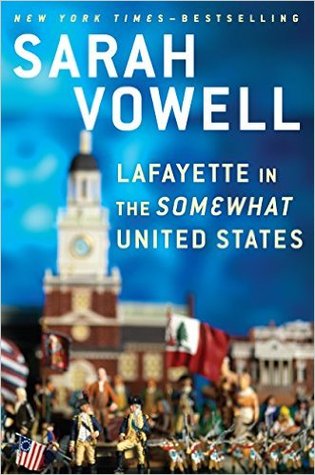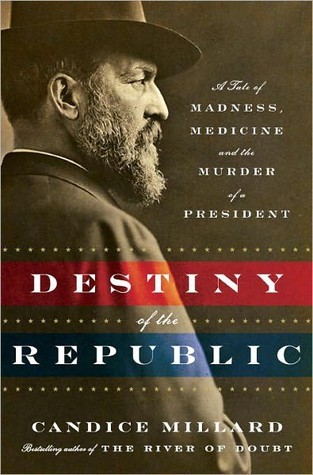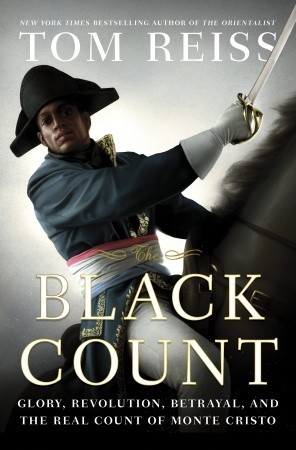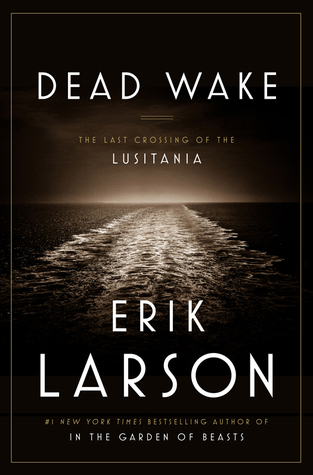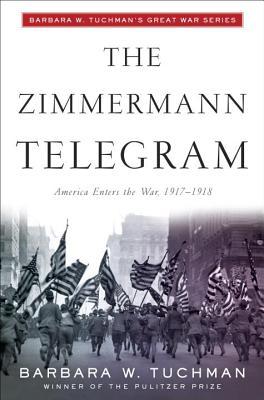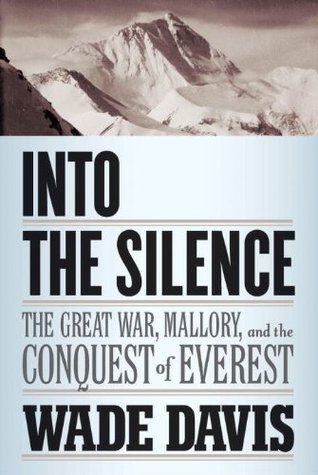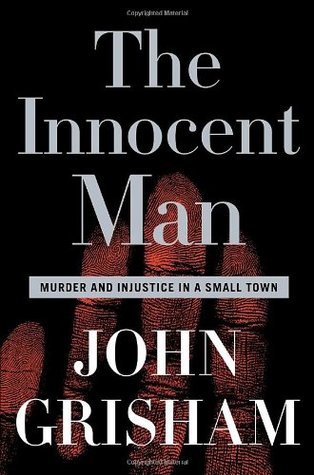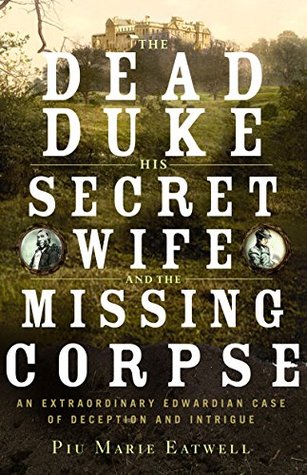
The Dead Duke, His Secret Wife, and the Missing Corpse by Piu Marie Eatwell
The Dead Duke, His Secret Wife, and the Missing Corpse: An Extraordinary Edwardian Case of Deception and Intrigue
by Piu Marie EatwellThe extraordinary story of the Druce-Portland affair, one of the most notorious, tangled and bizarre legal cases of the late Victorian and Edwardian eras.
In 1897 an elderly widow, Anna Maria Druce, made a strange request of the London Ecclesiastical Court: it was for the exhumation of the grave of her late father-in-law, T.C. Druce.
Behind her application lay a sensational claim: that Druce had been none other than the eccentric and massively wealthy 5th Duke of Portland, and that the—now dead—Duke had faked the death of his alter ego. When opened, Anna Maria contended, Druce’s coffin would be found to be empty. And her children, therefore, were heirs to the Portland millions.
The extraordinary legal case that followed would last for ten years. Its eventual outcome revealed a dark underbelly of lies lurking beneath the genteel facade of late Victorian England.
Ratings and Reviews from the Librarians
Bekka rated it ★★★★★ and said, “What a completely fascinating book! The writing style is good—for most of the book it reads like a novel. But any novel with this plot would be dismissed as “too unrealistic!” The twists and turns of this strange story are beyond prediction, and very interesting. Very much in the style of Black Diamonds: The Rise and Fall of an English Dynasty, it’s a compelling look at both the people and mores of the Victorian era. If you enjoy true historical crime / mystery stories, you’ll love this book. A Must Read!”

